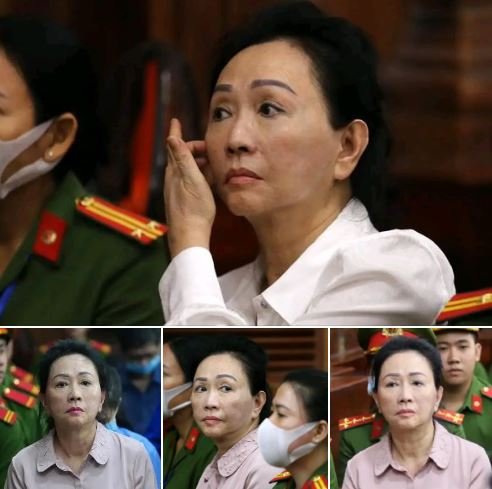
A Vietnamese court has handed down a death sentence to Truong My Lan, a 67-year-old real estate tycoon, in a high-profile multibillion-dollar fraud case. The ruling, part of Vietnam’s anti-corruption crackdown, saw Lan convicted of massive embezzlement, bribery, and loan violations.
Lan’s trial, one of the most significant in Vietnam’s history, unfolded in Ho Chi Minh City. She was found guilty of orchestrating a staggering $44 billion bank fraud, channeling loans from Saigon Commercial Bank into her personal accounts over 11 years. The verdict demands Lan repay $27 billion, an amount officials fear may never be recovered.
This landmark case underscores the Vietnamese government’s aggressive stance against corruption. Lan’s downfall is part of a broader campaign spearheaded by Communist Party Secretary-General Nguyen Phu Trong to rein in widespread graft, which has seen high-profile officials and business figures implicated and prosecuted.
Despite the spectacle of the trial and its stark verdict, questions linger about systemic oversight and complicity. Vietnam’s economy, buoyed by rapid growth and property speculation, has long been entwined with corruption. The crackdown, while demonstrating resolve against malfeasance, also poses challenges for sustaining economic dynamism amid tightening regulations and bureaucracy.






Be First to Comment